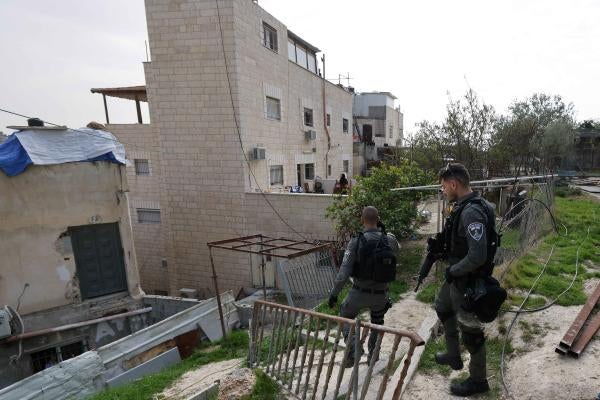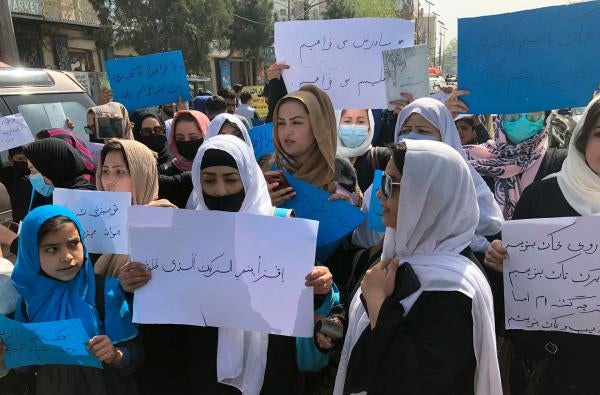You receive terrible news: someone in your family has just been shot dead while allegedly committing a violent crime. That is only starting to sink in when you learn that, in response to your relative’s reported crime, the authorities are coming to demolish your home...
What would you think?
You’d think: that doesn’t make any sense. Why are they punishing me and the rest of the family for something I had nothing to do with? Something someone else did?
You’d think: that’s wrong, it should be illegal.
And you’d be right. It is illegal.
Yet, this is what the Israeli authorities are doing right now. They have sealed the family homes in the occupied West Bank of two Palestinians suspected of attacks against Israelis. They have said they will follow this by demolishing the homes.
It’s a fundamental concept of law pretty much everywhere that one person shouldn’t be punished for another’s crime. In a conflict situation, blaming a group for the actions of an individual, or a few individuals, is called “collective punishment,” and it’s a war crime under international law.
The Israeli move comes amid a spike in violence in Israel/Palestine that has cost the lives of 35 Palestinians and 7 Israelis since January 1. It’s included Israeli army raids that unlawfully attack Palestinian cities and refugee camps, Palestinian attacks on Israelis, and attacks on Palestinians and their property by Israeli settlers.
The crime that sparked the Israeli authorities’ move to destroy family homes was particularly heinous, it’s true. One of the alleged Palestinian assailants killed seven civilians, including a child, before he was fatally shot by Israeli security forces.
But to punish others for this crime? To throw families out on the street because something someone else did? To commit a war crime in response?
And, of course, this is not an isolated case. The Israeli authorities have used various types of collective punishment like family home demolitions against Palestinians for years.
And you’re right: it’s always wrong.










